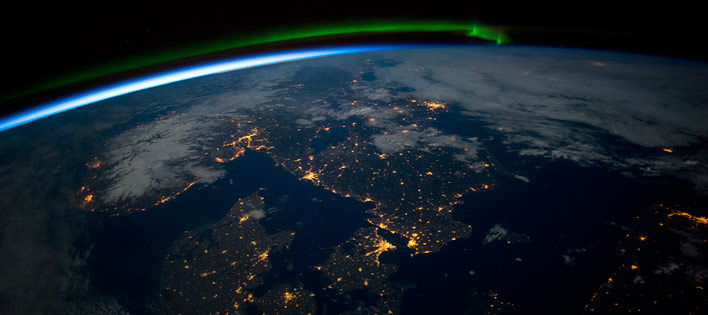
Our Finite Planet
Earth has endured and survived extreme climate change more than once, with varying impacts on natural life. This time is different. We know the history. We know what’s happening and the impact of our own actions. We understand the limits to crucial resources and what will happen if we do nothing. Most importantly, we have the ability to correct our course in pursuit of a viable future. Are we up to the challenge?

There Is No 'Planet B' for Us to Resettle
Though other habitable Earth-like planets may exist in the (relatively) nearby universe, it is not likely we will be able to find and settle any successfully in the foreseeable future. We are stuck with what we have: a unique and amazing gift that our species is despoiling.
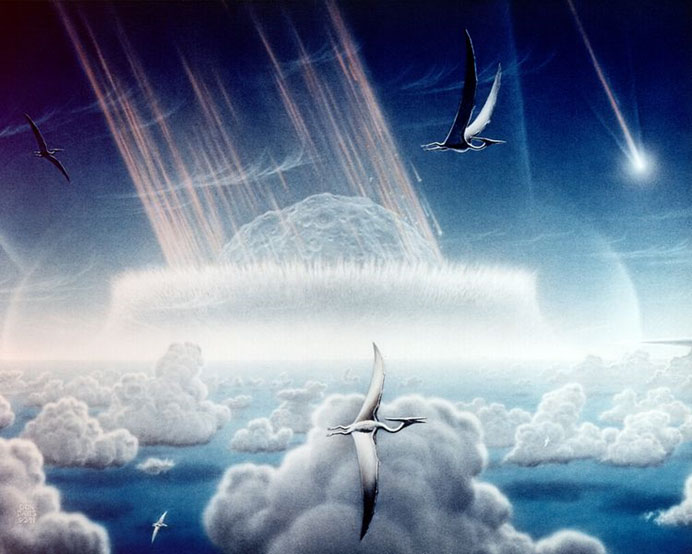
A Short History of Climate Change and Extinction
In the history of the Earth, stretching back billions of years, has there ever been a time when the climate was changing as it is today? And can such a time show us exactly what will happen next? The short answer is no.
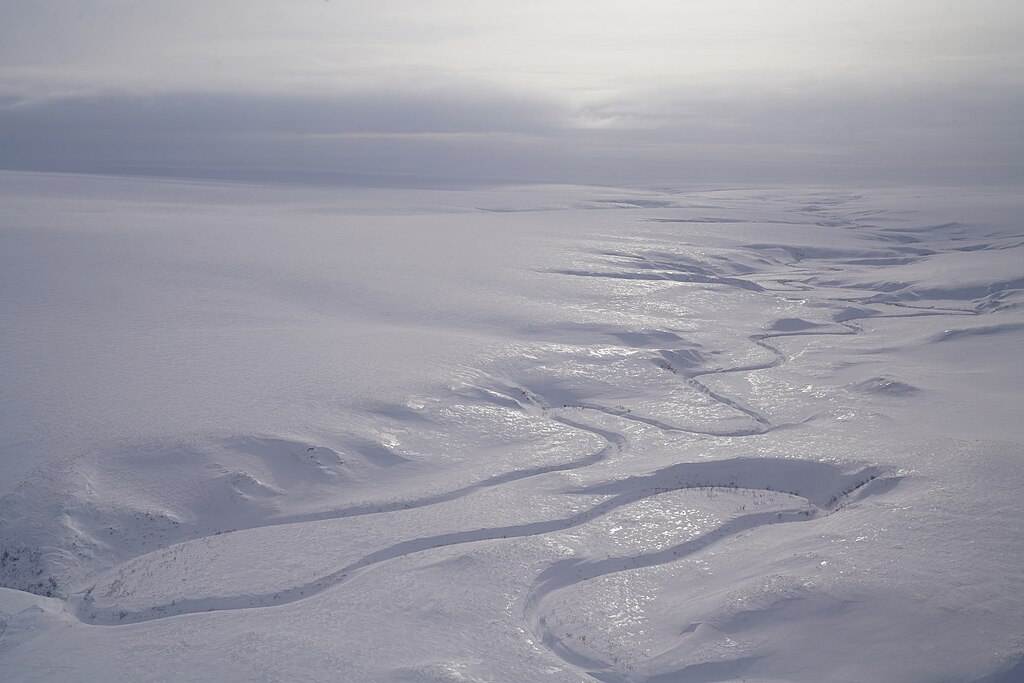
The Climate at the Birth of Homo Sapiens
During most of humanity’s existence, Earth’s climate has been harsh and hostile. Our most adaptable ancestors—those who knew how to cooperate—were those who tended to survive. It's a lesson for us today as we face an uncertain climate future.
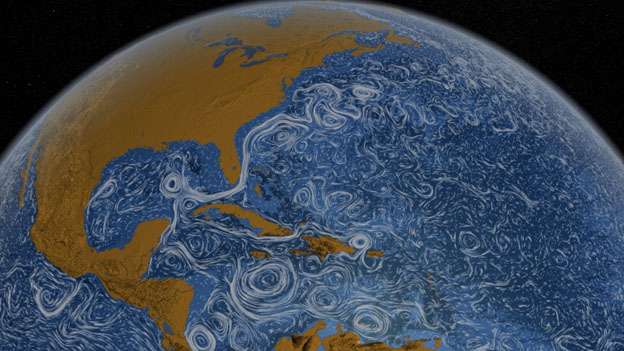
The Climate on the Eve of Civilization
Between twenty and ten thousand years ago the Earth’s orbit changed, increasing the solar energy reaching the planet by more than 10%. This set into motion a series of feedbacks that caused the Earth to warm, enabling the birth of agriculture—and civilization.
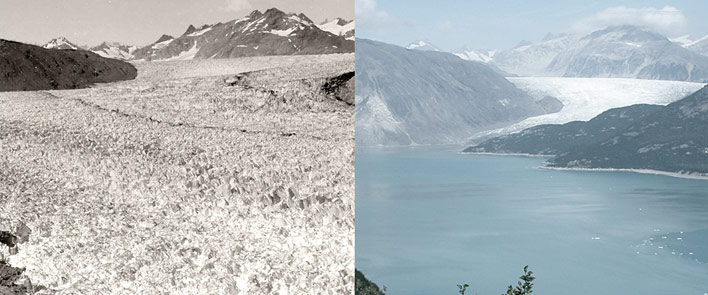
The Human Footprint: The Causes and History of Climate Change
Modern climate science, a combination of many disciplines, has given us knowledge of how the weather and the seasons now depend on us, and about our own outsized impact on our finite planet.
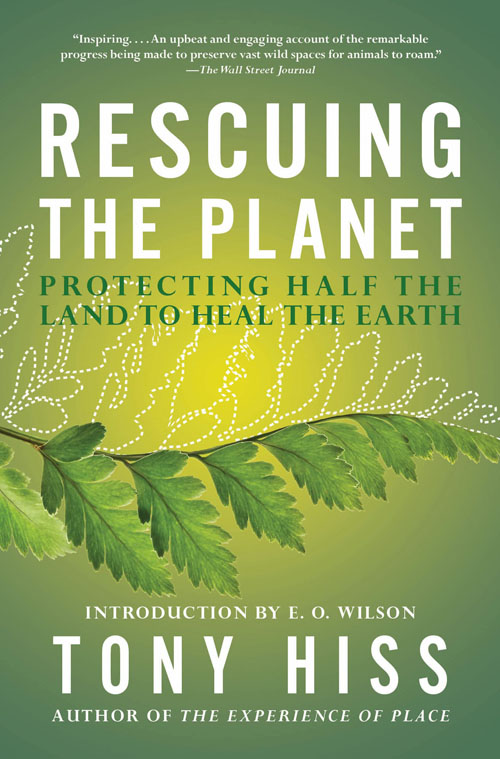
Rescuing the Planet
Protecting Half the Planet to Heal the Earth
Tony Hiss
Could it be possible to set aside half the earth’s land and sea for nature by the year 2050? Former New Yorker staff writer Tony Hiss investigated the feasibility of this ambitious idea proposed by biologist Edward O. Wilson and emerged inspired and surprisingly optimistic.
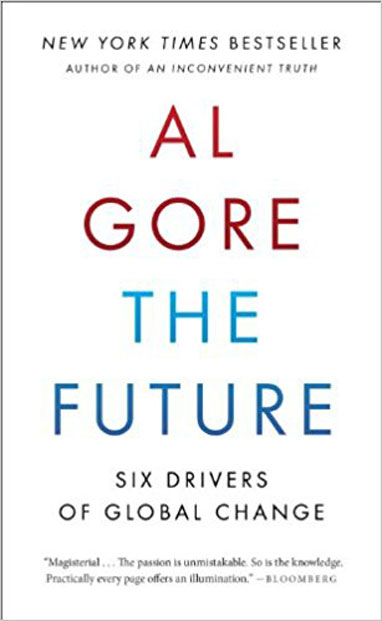
The Future
Six Drivers of Global Change
Al Gore
No period in global history resembles what humanity is about to experience. Explore the key global forces converging to create the complexity of change, our crisis of confidence in facing the options, and how we can take charge of our destiny.
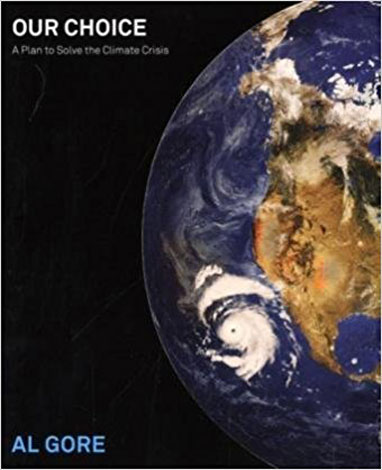
Our Choice
A Plan to Solve the Climate Crisis
Al Gore
We clearly have the tools to solve the climate crisis. The only thing missing is collective will. We must understand the science of climate change and the ways we can better generate and use energy.
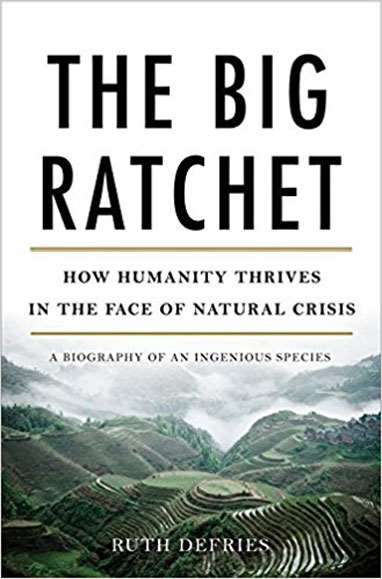
The Big Ratchet
How Humanity Thrives in the Face of Natural Crisis
Ruth DeFries
Human history can be viewed as a repeating spiral of ingenuity—ratchet (technological breakthrough), hatchet (resulting natural disaster), and pivot (inventing new solutions). Whether we can pivot effectively from the last Big Ratchet remains to be seen.
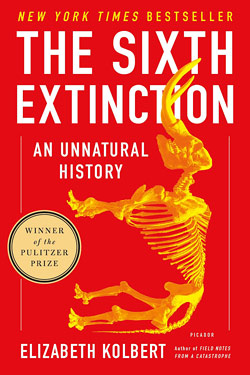
The Sixth Extinction
An Unnatural History
Elizabeth Kolbert
With all of Earth’s five mass extinctions, the climate changed faster than any species could adapt. The current extinction has the same random and rapid properties, but it’s unique in that it’s caused entirely by the actions of a single species—humans.
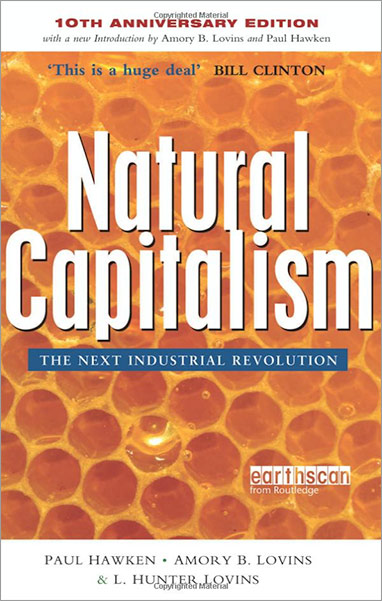
Natural Capitalism
Creating the Next Industrial Revolution
Paul Hawken, Amory Lovins & L. Hunter Lovins
A new definition of capitalism that fully values natural and human resources may hold the keys to a sustainable future.
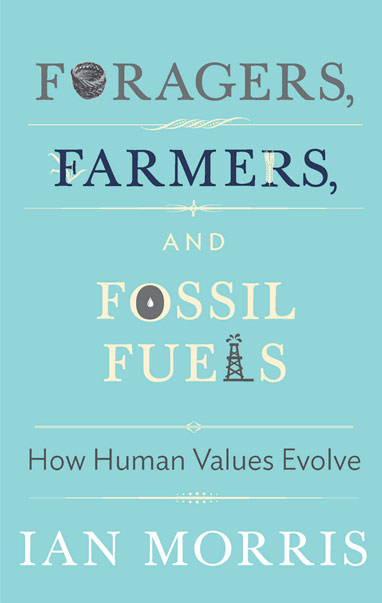
Foragers, Farmers, and Fossil Fuels
Ian Morris
Human social development, says Morris, is constantly generated by environmental and social factors. The amount of energy that can be extracted from the environment through technology defines the social possibilities, and thus influences the attitudes and world view of each epoch.
In the series: A Sustainable Planet
- Our Climate Crisis—and What We Can Do About It
- The Rocky Road to a Sustainable Future
- Our Looming Global Water Crisis
- Our Plastic Earth
- Rescuing the Planet by Tony Hiss
- The Future: Six Drivers of Global Change
- Our Choice: A Plan to Solve the Climate Crisis
- The Big Ratchet
- The Sixth Extinction
- Natural Capitalism
- Foragers, Farmers, and Fossil Fuels
